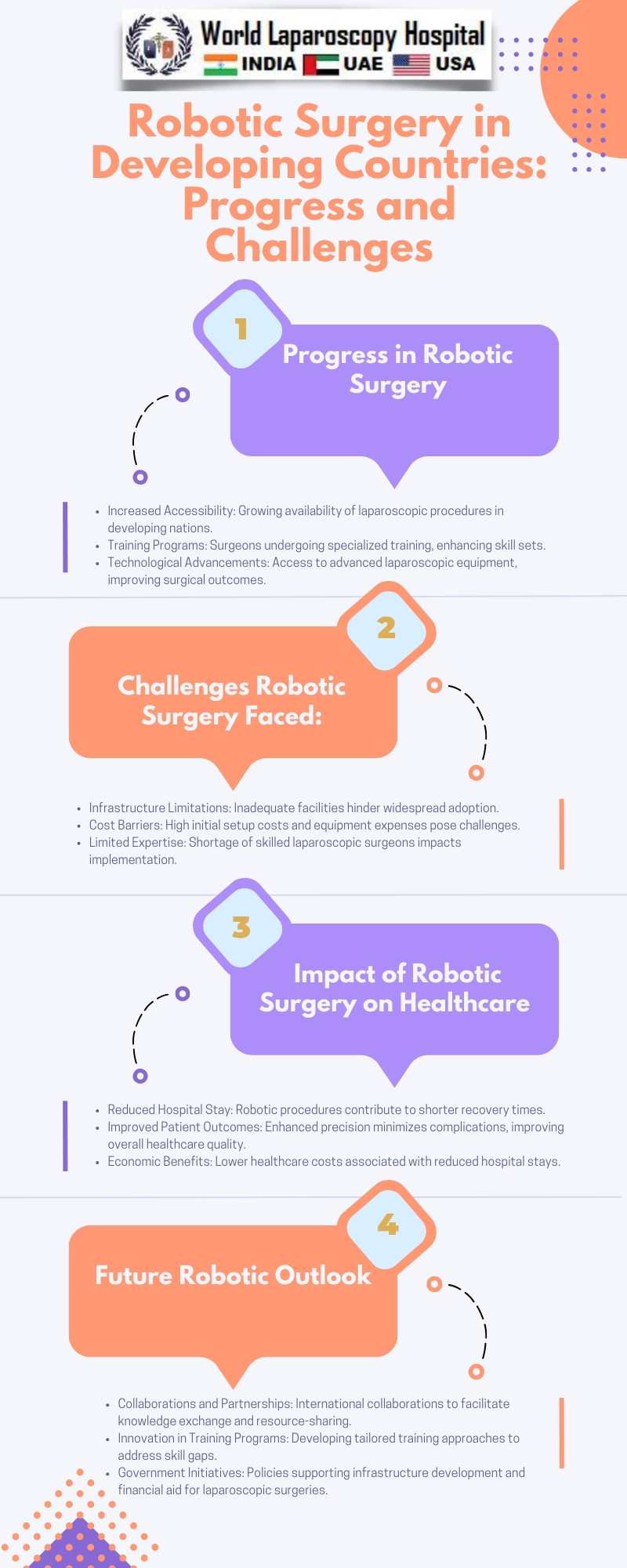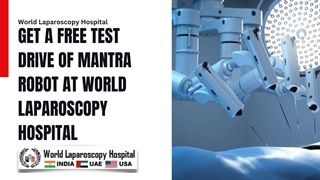The Mantra Robot: A New Contender
The Mantra Robot, developed by a leading tech innovator, represents the latest advancement in robotic surgery technology. Its design emphasizes enhanced precision, greater flexibility, and improved control, factors that are critical in complex surgical procedures. One of the standout features of the Mantra Robot is its state-of-the-art control mechanism, which offers surgeons an unprecedented level of dexterity and intuitive movement.

The advent of robotic surgery has revolutionized the medical field, offering unprecedented precision and control in various surgical procedures. However, the integration of this advanced technology comes with significant cost implications, which is a crucial factor for healthcare providers, insurers, and patients. This article delves into the various cost aspects of robotic surgery, examining its financial impact and long-term value proposition.
Initial Investment and Operating Costs
The initial investment in robotic surgery systems, such as the Da Vinci Surgical System or the emerging Mantra Robot, is substantial. These high-tech machines can cost several million dollars, depending on the model and features. Additionally, operating these systems incurs significant expenses, including maintenance, software updates, and training for medical staff. These costs are often passed on to patients or absorbed by healthcare providers, impacting the overall cost structure of medical services.
Cost Comparison with Traditional Surgery
When comparing robotic surgery to traditional surgical methods, the former typically incurs higher costs. These costs are attributed to the advanced technology used, the requirement for specialized training for surgeons, and the longer duration of surgery in some cases. However, this comparison is not straightforward, as robotic surgery can offer benefits that may justify the higher costs, such as reduced trauma to the patient, fewer complications, and shorter hospital stays.
Long-Term Financial Benefits
Despite the higher initial costs, robotic surgery can potentially lead to long-term financial benefits. For instance, the precision of robotic surgery often results in fewer complications and shorter hospital stays, leading to cost savings in postoperative care and reduced readmission rates. Moreover, the minimally invasive nature of robotic surgeries can lead to quicker patient recovery, translating to fewer days off work and economic benefits on a broader scale.
Insurance Coverage and Patient Costs
The extent to which insurance covers robotic surgery plays a significant role in determining its affordability for patients. While some insurance plans may cover robotic surgery, others might not, leading to higher out-of-pocket expenses for patients. This aspect raises concerns about the accessibility and equity of advanced surgical methods, highlighting the need for more inclusive insurance policies.
Cost Efficiency in the Long Run
As robotic surgery technology becomes more widespread and the medical community gains more experience with these systems, there is potential for cost efficiency to improve. Increased competition among manufacturers, technological advancements, and more streamlined surgical procedures can contribute to reducing the overall costs associated with robotic surgery.
Conclusion
The cost implications of robotic surgery are multifaceted, encompassing high initial investments, operating expenses, and comparisons with traditional surgical methods. While the upfront costs are substantial, the potential long-term benefits in terms of patient outcomes and overall healthcare savings are significant. As the field evolves, it is crucial for healthcare providers, insurers, and policymakers to work collaboratively to make this advanced surgical technology more accessible and cost-effective, ensuring that more patients can benefit from its advantages.
Comparative Advantages over Da Vinci
While the Da Vinci system has been a stalwart in robotic surgery for years, the Mantra Robot brings several key improvements to the table. Firstly, it boasts a more compact design, making it suitable for a wider range of operating rooms. Secondly, the Mantra Robot's advanced sensory feedback system provides surgeons with a more nuanced touch, a feature that is particularly beneficial in delicate surgeries.
The Surgeons’ Perspective
Surgeons at World Laparoscopy Hospital have reported a smoother learning curve with the Mantra Robot compared to the Da Vinci system. This ease of adaptability is attributed to the Mantra Robot’s user-friendly interface and ergonomic design. Moreover, surgeons have noted better outcomes in precision-based procedures, crediting the robot's advanced articulation and movement capabilities.
Cost-Effectiveness and Accessibility
Another factor influencing World Laparoscopy Hospital's preference for the Mantra Robot is its cost-effectiveness. The robot is priced competitively, making it a more accessible option for healthcare institutions, especially those in developing regions. This aspect aligns well with World Laparoscopy Hospital's mission to provide cutting-edge surgical care that is both high in quality and affordable.
Implications for the Future of Robotic Surgery
The adoption of the Mantra Robot by a leading institution like World Laparoscopy Hospital signals a shift in the landscape of robotic surgery. It challenges the monopoly of the Da Vinci system and paves the way for more innovation and competition in the field. This development is expected to benefit not only surgeons and medical institutions but also patients, who stand to gain from the advancements in surgical precision and safety.
Conclusion
The preference of World Laparoscopy Hospital for the Mantra Robot over the Da Vinci system marks a significant moment in the evolution of robotic-assisted surgery. It showcases the readiness of the medical community to embrace new technologies that promise better patient outcomes and operational efficiencies. As robotic surgery continues to evolve, such developments are crucial in shaping a more advanced and accessible future in surgical care.
Contact us
World Laparoscopy Hospital
Cyber City, Gurugram
NCR Delhi, India
World Laparoscopy Training Institute
Bld.No: 27, DHCC, Dubai, UAE
World Laparoscopy Training Institute
5401 S Kirkman Rd Suite 340
Orlando, FL 32819, USA
